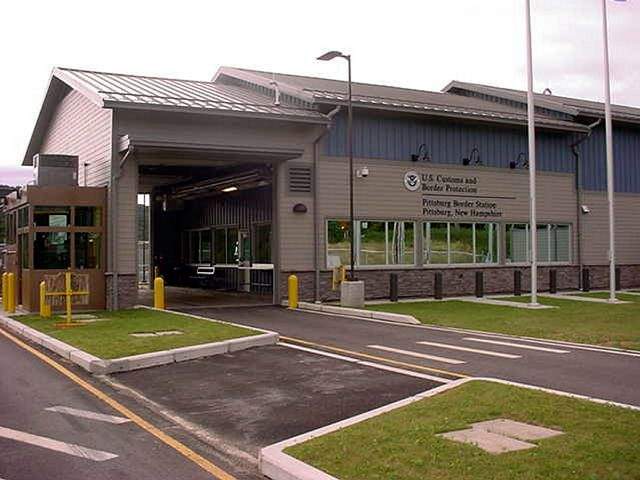On Thursday, Canada announced that effective April 1 at 12:01 AM, fully vaccinated travelers will no longer need to provide a pre-entry COVID-19 test result to enter Canada by air, land or water.
Fully vaccinated travelers seeking to arrive in Canada before April 1, 2022, must still have a valid pre-entry test.
As a reminder, travelers arriving to Canada from any country, who qualify as fully vaccinated, may need to take a COVID-19 molecular test on arrival if selected for mandatory random testing. Travelers selected for mandatory random testing are not required to quarantine while awaiting their test result.
For partially or unvaccinated travelers who are currently allowed to travel to Canada, pre-entry testing requirements are not changing.
Unless otherwise exempt, all travelers 5 years of age or older who do not qualify as fully vaccinated must continue to provide proof of an accepted type of pre-entry COVID-19 test result:
- a valid, negative antigen test, administered or observed by an accredited lab or testing provider, taken outside of Canada no more than one day before their initially scheduled flight departure time or their arrival at the land border or marine port of entry; or
- a valid negative molecular test taken no more than 72 hours before their initially scheduled flight departure time or their arrival at the land border or marine port of entry; or
- a previous positive molecular test taken at least 10 calendar days and no more than 180 calendar days before their initially scheduled flight departure time or their arrival at the land border or marine port of entry. It is important to note that positive antigen test results will not be accepted.
All travelers continue to be required to submit their mandatory information in ArriveCAN (free mobile app or website) before their arrival in Canada. Travelers who arrive without completing their ArriveCAN submission may have to test on arrival and quarantine for 14 days, regardless of their vaccination status. Travelers taking a cruise or a plane must submit their information in ArriveCAN within 72 hours before boarding.
Quotes
“Adjustments to Canada’s border measures are made possible by a number of factors, including Canada’s high vaccination rate, the increasing availability and use of rapid tests to detect infection, decreasing hospitalizations and growing domestic availability of treatments for COVID-19. As vaccination levels and healthcare system capacity improve, we will continue to consider further easing of measures at the borders-and when to adjust those measures-to keep the people in Canada safe,” said Jean-Yves Duclos, Minister of Health
Quick Facts
- Canadians can continue do their part to reduce the spread of COVID-19 by getting vaccinated and boosted, using masks where appropriate, self-isolating if they have symptoms and self-testing if they can.
- Travelers should check if they are eligible to enter Canada and meet all entry requirements before heading to the border. In addition, some provinces and territories may have their own entry restrictions in place. Check and follow both the federal and any provincial or territorial restrictions and requirements before travelling to Canada.
- All travelers entering Canada, including returning residents, continue to be required to input their mandatory information in ArriveCAN within 72 hours before their arrival in Canada.
- Unless otherwise exempt, all travelers eligible to enter Canada who do not qualify as fully vaccinated will continue to be tested with COVID-19 molecular tests on arrival and on Day 8, while they quarantine for 14 days.
- Travelers may experience delays at ports of entry due to the public health measures. Travellers should have their ArriveCAN receipt ready to present to the border services officer. Before heading to the land border, travelers should check Canada Border Service Agency’s website for estimated border wait times at select land ports of entry.





